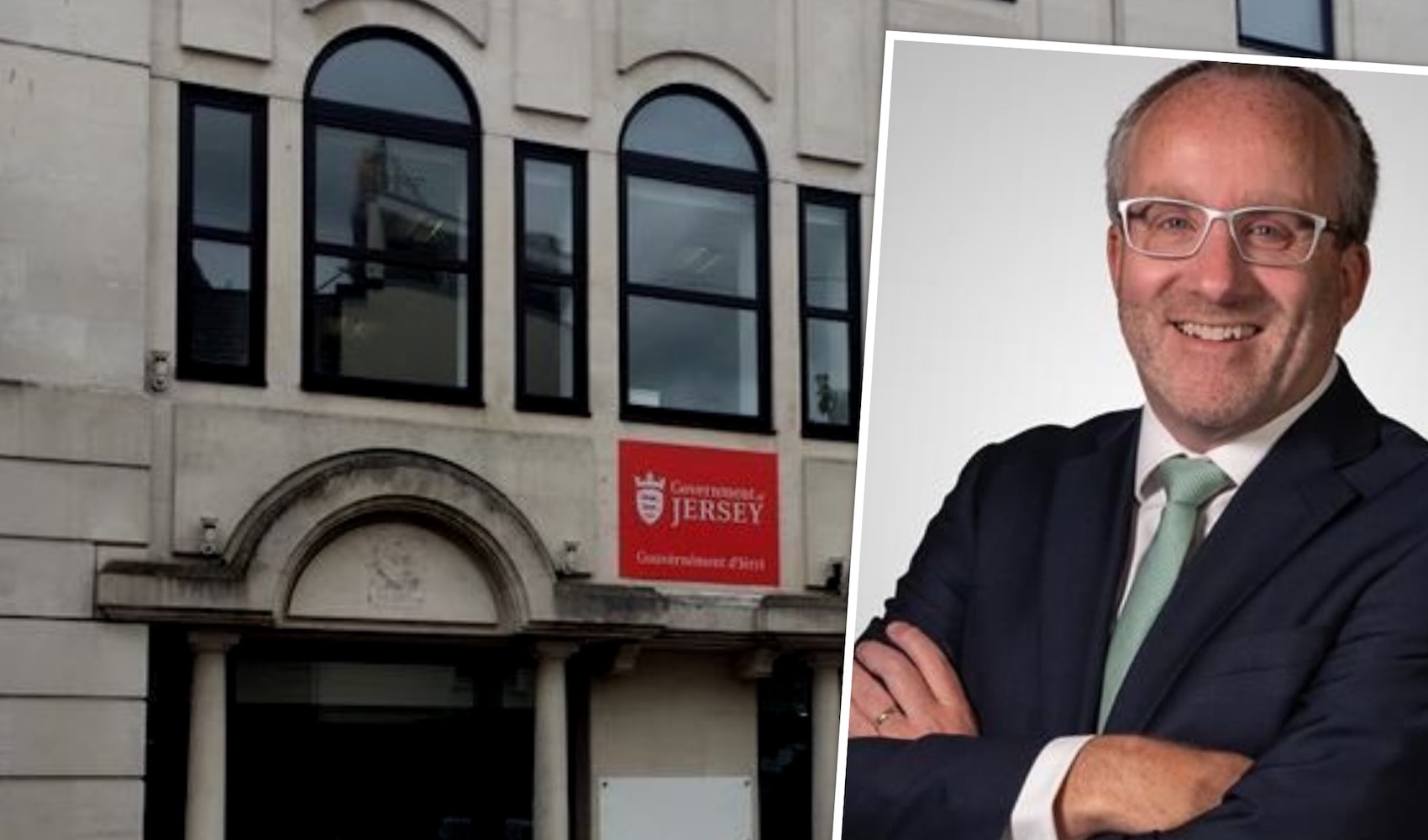


The number of civil servants has grown by more than 1,100 since the launch of the 'OneGov' plan to save money and slim down the size of Government four years ago, it can be revealed today.
The Government headcount grew by 354 last year. At the end of 2021, there were 7,570 people working for the core Government of Jersey, excluding subsidiaries, compared to 7,216 in 2020.
Adding subsidiaries, there were 7,894 Government employees, including 2,475 at Health (2020: 2,371); 2,340 at Education (2,268); and 756 at Home Affairs (744).
Infrastructure, Housing and Environment, which has known recruitment difficulties, saw its headcount reduce from 631 in 2020 to 592 last year (-6%).
Customer and Local Services grew from 287 employees to 323 (12%); while the Chief Operating Officer expanded from 203 people to 267 (31%).
The biggest single reform to the island's Government in living memory, the 'OneGov' plan to tear up, merge and create new departments to make Government more efficient was unveiled shortly before elections in March 2018 by the then-newly appointed Chief Executive Charlie Parker.
He said at the time that "there will be casualties", but pledged that these would lead to staff savings of more than £1m a year.
Pictured: The OneGov plan was unveiled in 2018.
In response to the rising headcount, Treasury Minister Susie Pinel said that more civil servants had had to be employed in order to "pursue the model that was introduced by the former CEO Mr Parker, and it's taken quite a while to put everything in place is basically all I can say."
Deputy Pinel said she did not know when the Government’s headcount would reduce.
She added: "To make that transformation of that model took a lot of people to do that but I think they've justified their existence."
It comes after former Chief Minister Senator Ian Gorst expressed his disappointment in the OneGov programme's outcome on Express's Politics Disassembled podcast, saying that Charlie Parker failed to carry out what he had hoped for when he recruited him.
"That programme at the start we said was going to save money and reduce the size of government – we sit here today and we’re spending £200m more than what we were per annum and we’ve got hundreds more staff in Government. That’s not what my vision is, that’s not what my vision was."
The headcount figures were included in the Government’s accounts for 2021, which were released today. They also include levels of executive pay.
Mr Parker was paid £580,000 in 2021, which included up to £70,000 for the three months he worked, a £10,000 pension contribution and a £500,000 pay-off.
Interim CEO Paul Martin, who took over from Mr Parker on 1 March last year, was paid up to £220,000 in 2021.
The highest paid civil servant, apart from Mr Parker, was Economy Director General Richard Corrigan, who was paid £230,000 - £245,000, made up of a salary of up to £165,000, other renumeration and benefits of up to £45,000, and a pension of up to £35,000.

Pictured: The highest paid civil servant, apart from the CEO, is Economy Director General Richard Corrigan.
Chief Operating Officer John Quinn and Health Director General Caroline Landon was both paid up to £220,000 in total; Treasurer Richard Bell was paid up to £210,00; and Education head Mark Rogers and IHE chief Andy Scate were both paid up to £190,000.
In total, 119 Government employees were paid £150,000 or more in 2021, compared to 116 in 2020.
240 were paid £100,000 - £149,999 compared to 233 in 2020. 65 of those worked in Health (44 doctors), 44 in CYPES (33 headteachers and deputies) and 32 in non-ministerial departments and office holders.
The Government paid £483m in total on employees, including £403m on wages, £56.5m on pensions and £23.5m on social security payments.
As Express revealed earlier this month, the Government is this year set to spend £900,000 on voluntary redundancy payments for 16 employees, with most departures from the Health Department.
The scheme was announced last autumn in the Government Plan 2022-2025 as part of a bid to cut staffing and employment costs by £4.1m by the end of 2022.
129 formal applications were received by the December 2021 closing date, with 17 applications deemed successful. However, one applicant later withdrew theirs.
Comments
Comments on this story express the views of the commentator only, not Bailiwick Publishing. We are unable to guarantee the accuracy of any of those comments.